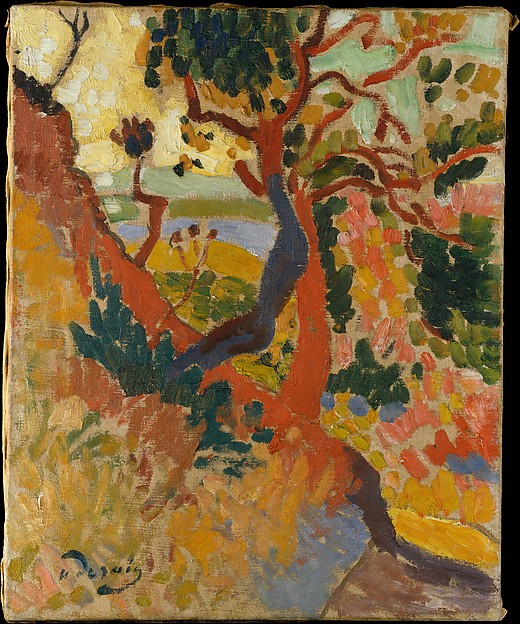How to Read Indian Myth
(for AS who wonders)
How to read Indian myth?
The way I read Greek, I suppose
not worrying too much about
foreign names
and plots,
knowing there is never
a single point
to any story
taking the red hibiscus route
into the skin
alert to trapdoors, willing
—to blunder a little in the dark
—-slightly drunk
———on Deccan sun
but with a spring in the step
that knows
we are fundamentally
corky
built to float,
built to understand
and the chemical into which we are tumbling
will sustain
has sustained before
knows how to domesticate
—the gods
knows a way beyond
a way through
knows
the two
aren’t separate.
Read it like you would read a love story
Your own
Let me be Adjective
And so the verb is all
But I’m not ready for it yet
I tie knots
every now and then
to dam the flow
to pretend
I am thing
I am thing
and to pretend
you are too
And when the knots come undone
as one day they must
let me modify
qualify
anoint
counterpoint
apostrophise
parenthesise
invent
dissent
Let me take wing
Let me sing
you
I suppose I’m asking,
like the old bards did
to be your garland
not always tenderly floral
just a little tart,
a little contrary
the kind that isn’t always allowed
within walled gardens
But even as I meander,
let my trail
——-be the thread
—-that completes the circle
I long to make around you
Love, let me be adjective.
Locality
He says he dreams
of a cottage marooned
in a moon-flecked ocean of paddy,
she of a solitude
defined by crickets and oil lamps,
and I know I often long
for some warm lair
in a craggy wilderness
suffused by the trust of animals,
monsooned in grace.
We promise ourselves we’ll do it one day
disentangle ourselves
from a world that would have us believe
this is the only way to live —
to follow the frantic zeal of streets
that hurry us all the time towards
offers open only till stocks last.
We tell ourselves we’ll do it,
move out to a place
where drifting across oceans,
limned with dawn,
through ever-widening shoals of stars,
is simply a way of being
intensely local.
Transplant
Show me a plant
—that’s not in search
of a pot,
that knows
——whether it’s meant
——for orchard,
rainforest,
or jam jar,
that knows, for that matter,
——if it’s a creeper,
—-conifer,
——or just an upstart crocus
too big for its boots.
You’d think it would get clearer with time.
It doesn’t.
And before you know it
you have yet another potted palm
with a raging heart
——of Himalayan pine.
Or just an old banyan
asking to be
——a little less ancient,
——a little less universal,
——a little less absolute,
a little more bloody
bonsai.
Quick-fix Memos for Difficult Days
1
Clear
clothes, pillows, books, letters
of the germs of need —
the need to have things mean
more than they do.
Claim verticality.
2
Trust only the words that begin
their patter
in the rain-shadow valley
of the mind.
3
Some nights
you’ve seen
enough earth
and sky
for one lifetime
but know you still have unfinished business with both.
4
So here again,
that old cliché, pain,
and its endless syntax
of gurgle and clot.
But better swamp —
always better swamp —
than scrubland.
5
Settling is bondage.
Wandering, vagabondage.
(Someone said that before?)
(Citizenship is bondage.
Dual citizenship, James Bondage.
That’s a first!)
6
Once you know
what it’s like
to be chieftain,
serf, concubine
and prop,
what’s left?
You choose story
or you choose curtains
story
curtains
story
curtains
until you’re done with both.
7
Once you’ve seen grain
you don’t settle for acrylic emulsion.
8
Stretch
until you reach
the edge,
then consider a pause.
(It’s usually worth it.)
9
When they vanish,
leave the door open.
Gingerbread boys
run away but return eventually
to their bakers.

